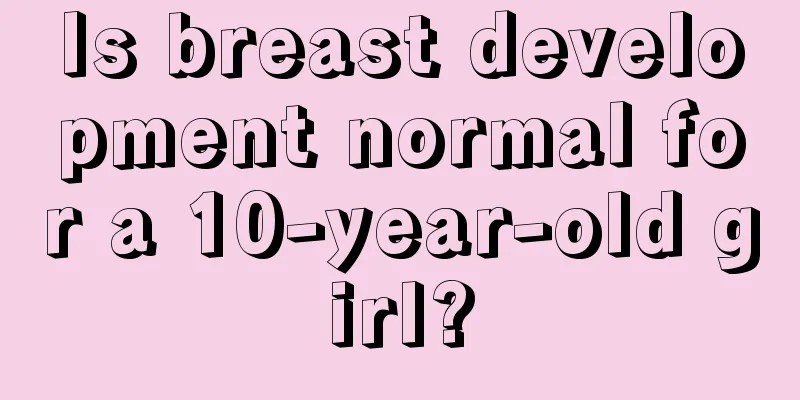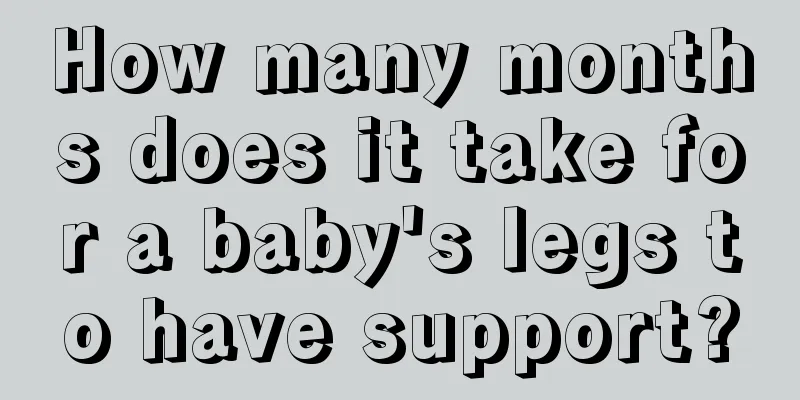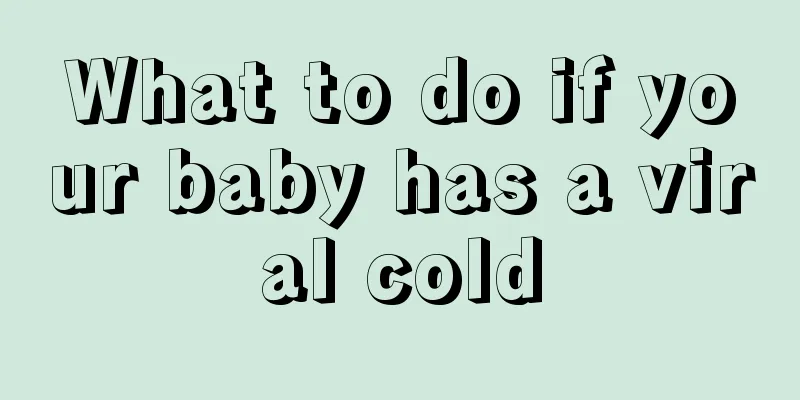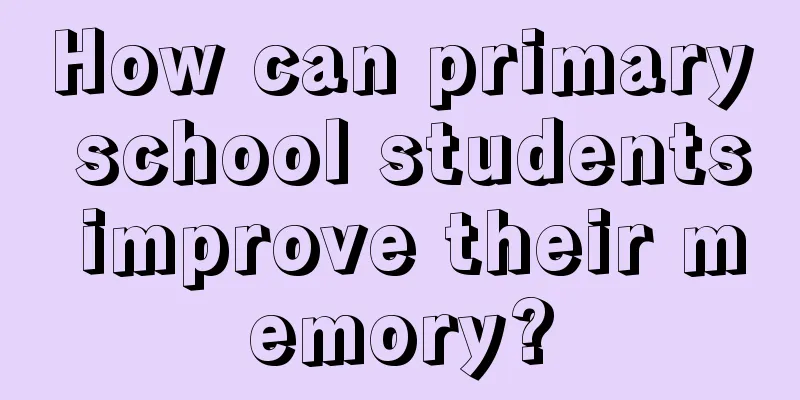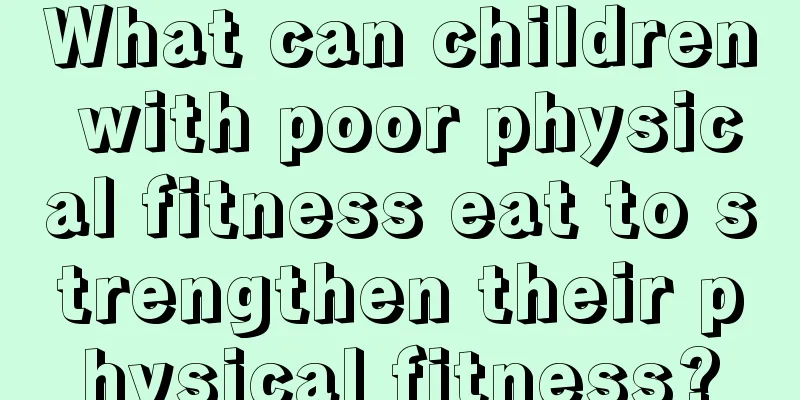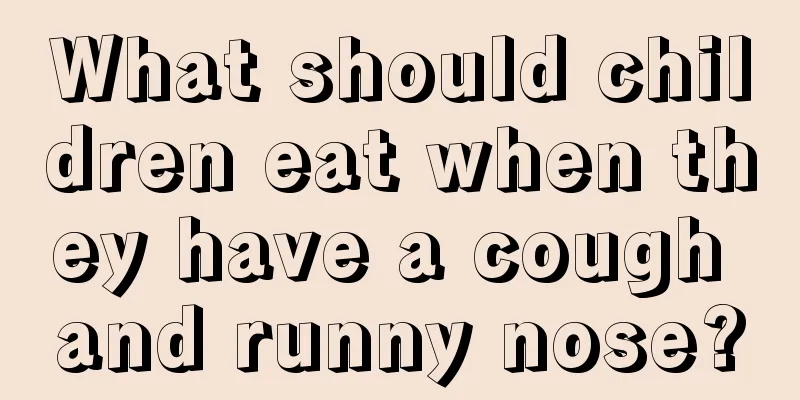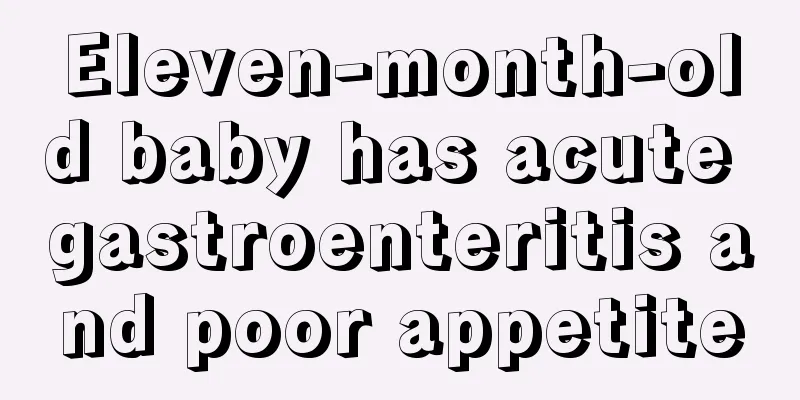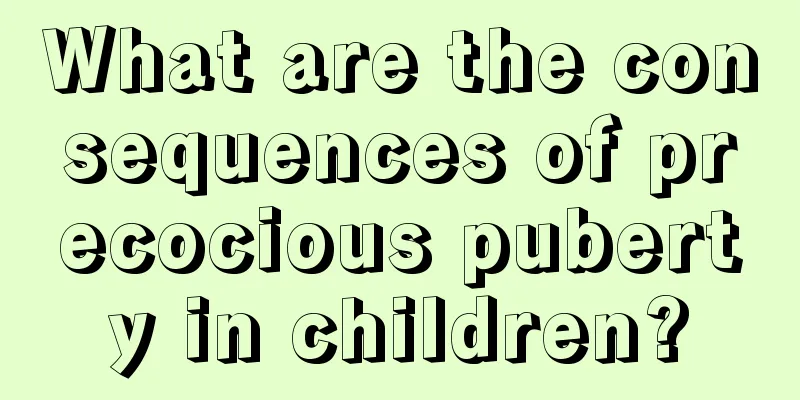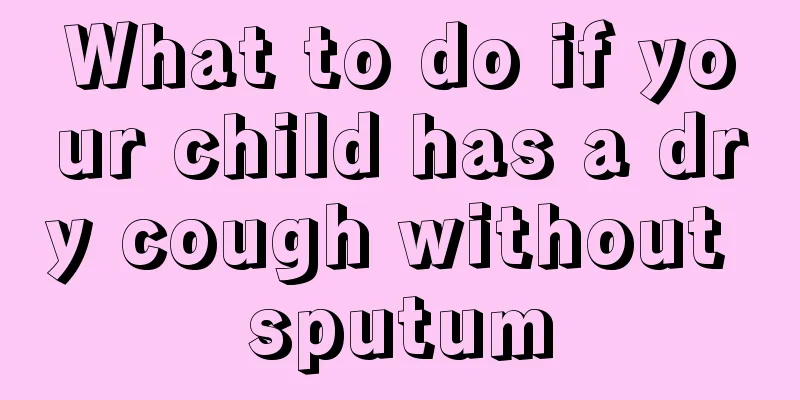How to treat Helicobacter pylori in children
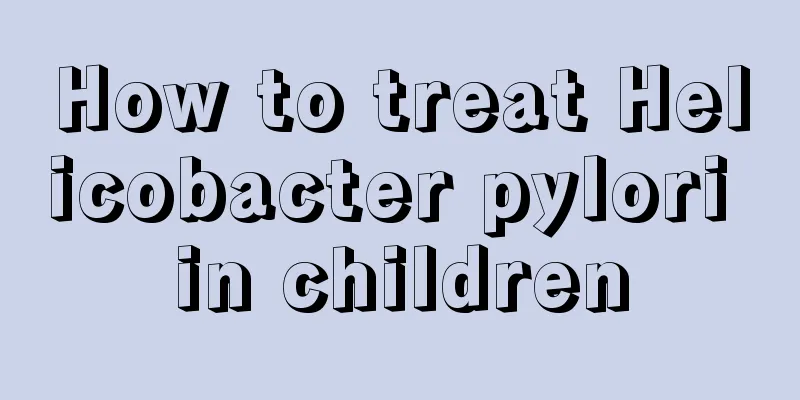
|
Many patients will be diagnosed with Helicobacter pylori during hospital examinations. The impact of Helicobacter pylori on the human body cannot be underestimated. Too many Helicobacter pylori can cause gastric ulcers and cell diseases. This type of bacillus is contagious and can occur in people of all ages. For children, contracting Helicobacter pylori is a very serious matter. So how should children be treated if they have Helicobacter pylori? Helicobacter pylori is a spiral-shaped, Gram-negative, microaerophilic bacterium. Almost half of the population is infected throughout their lives, with the main sites of infection being the stomach and duodenal bulb. Infection with H.Most patients later present with latent symptoms, without systemic symptoms of bacterial infection, and often without acute symptoms of gastritis. Clinically, patients often seek medical treatment with symptoms such as chronic gastritis and peptic ulcer. Helicobacter pylori (HP) infection is closely related to childhood gastritis and gastric ulcers. The HP infection rate among children in developing countries is significantly higher than that in developed countries. According to relevant data reports, the HP infection rate among Chinese children is 48.98%~77.78%, and increases with age. Therefore, the diagnosis and treatment of Helicobacter pylori infection in children is of great significance. How Helicobacter pylori infection is transmitted The source and transmission route of HP are not yet fully understood. However, most scholars believe that humans are the main source of infection, followed by animals. The main route of transmission is oral-oral or fecal-oral. In countries and regions where people eat together with chopsticks and mothers are accustomed to chewing food before feeding it to their children, the HP infection rate is much higher than that of those who eat separately. Close contact can increase the chance of infection, making HP infection show obvious family clustering phenomenon.
Most children infected with HP are "asymptomatic carriers". Chronic abdominal pain is the most common and prominent manifestation of HP infection in children. Some of them present with chronic, recurrent abdominal pain, vomiting, hematemesis, bloody stools, belching, abdominal distension, weight loss, headache, irritability and bad breath. treat There is no consensus on whether HP in children needs to be cured, because some people believe that HP infection in children is self-limiting and most children have no clinical symptoms after HP infection. In addition, despite eradication treatment, the recurrence rate of young infants is still very high. If there is no ulcer, the symptoms will not improve significantly after HP eradication. Therefore, most scholars in the pediatric field advocate that for children with HP infection who are responsive to conventional treatment and asymptomatic, there is no need for anti-HP treatment. Currently, triple or quadruple therapy is generally used, with low doses and short courses being preferred.
(1) PPI + amoxicillin + metronidazole (or tinidazole) for 1 week; (2) PPI + amoxicillin + clarithromycin for 1 week; (3) PPI + clarithromycin + metronidazole for 1 week; (4) bismuth + clarithromycin + metronidazole for 2 weeks; (5) bismuth + clarithromycin + furazolidone for 2 weeks; (6) Bismuth + amoxicillin + metronidazole for 2 weeks. |
<<: What to do if your child has melanin on his face
>>: Will acute gastroenteritis in babies cause myocarditis?
Recommend
Children with roseola have been exposed to the wind after the rash appeared
There are many parents around us who worry about ...
Can children drink lemonade?
There are many things to pay attention to when it...
What can't you eat if you have precocious puberty?
Precocious puberty means that your child's pu...
Full month baby's belly is hard
The appetite of a baby who has just turned one mo...
What are the disadvantages and precautions of baby swimming?
After a baby is born, many parents will send thei...
Newborn baby is sleepy and not willing to feed
When it comes to the issue of newborn sleepiness,...
What to do if a 1-month-old baby gets angry
If a one-month-old baby gets a fever, you should ...
One-year-old baby eating grapefruit
Grapefruit tastes sour and sweet, and it is very ...
What should I do if my baby keeps sneezing and has a runny nose?
I believe that every mother will be very worried ...
White spots on the upper teeth of newborns
Experts say that the white spots on the upper tee...
What medicine should children take for oral herpes?
Oral herpes in children mostly occurs in children...
What's wrong with a child rolling his eyes?
Rolling eyes is very common. Many people do not p...
What should babies eat when they have oral ulcers and fever?
Having oral ulcers is a very painful thing, espec...
What should I do if my baby coughs and vomits after taking medicine?
Coughing is a common phenomenon in babies. There ...
How to take care of baby's dry eczema
Babies are most susceptible to eczema. Once eczem...
